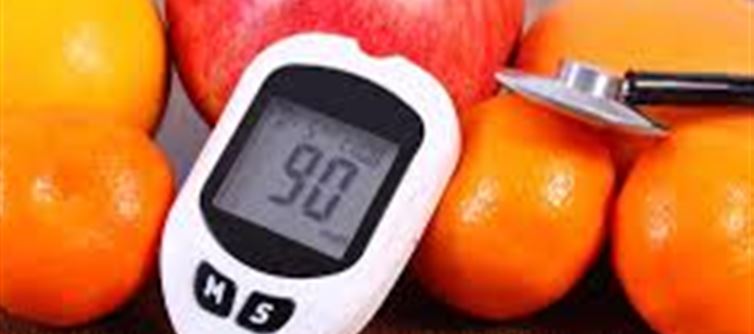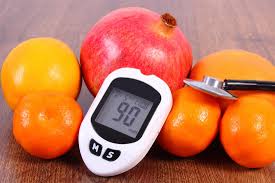
Yes, mangoes can raise blood sugar levels in individuals with diabetes due to their natural sugar content. However, when consumed in moderation and with mindful strategies, they can be included in a diabetes-friendly diet.
1. Nutritional Profile and Glycemic Index
Mangoes are rich in natural sugars, with approximately 22.5 grams of sugar per cup (165 grams). Despite this, they have a glycemic index (GI) of 51, classifying them as a low-GI food. This means they cause a slower rise in blood glucose compared to high-GI foods. Additionally, mangoes provide dietary fiber and antioxidants, which can help mitigate blood sugar spikes.
2. Portion Control and Consumption Tips
For individuals with diabetes, portion control is crucial. Limiting intake to about half a cup to one cup of sliced mango per serving can help manage blood sugar levels. Pairing mango with protein-rich foods like nuts or Greek yogurt can further stabilize glucose response.
3. Individual Responses and Monitoring
Responses to mango consumption can vary among individuals. Factors such as insulin sensitivity and overall diet play roles in how mango affects blood sugar. Monitoring blood glucose levels after eating mango can provide insights into personal tolerance and help adjust portion sizes accordingly.
4. Potential Benefits in Controlled Quantities
Some studies suggest that consuming mango in controlled amounts may offer benefits. For instance, a study found that daily intake of 10 grams of freeze-dried mango pulp over 12 weeks led to decreased fasting blood glucose levels in individuals with obesity.
5. Expert Recommendations
health experts advise that while mangoes contain sugars, they can be part of a balanced diet for those with diabetes when consumed mindfully. It's recommended to integrate mango into meals rather than consuming it alone, and to adjust other carbohydrate sources accordingly to maintain overall carbohydrate balance.
In summary, mangoes can raise blood sugar levels in diabetes patients, but with careful portion control and dietary planning, they can be enjoyed without significantly impacting blood glucose. Always consult with a healthcare provider or dietitian to tailor dietary choices to individual health needs.





 click and follow Indiaherald WhatsApp channel
click and follow Indiaherald WhatsApp channel